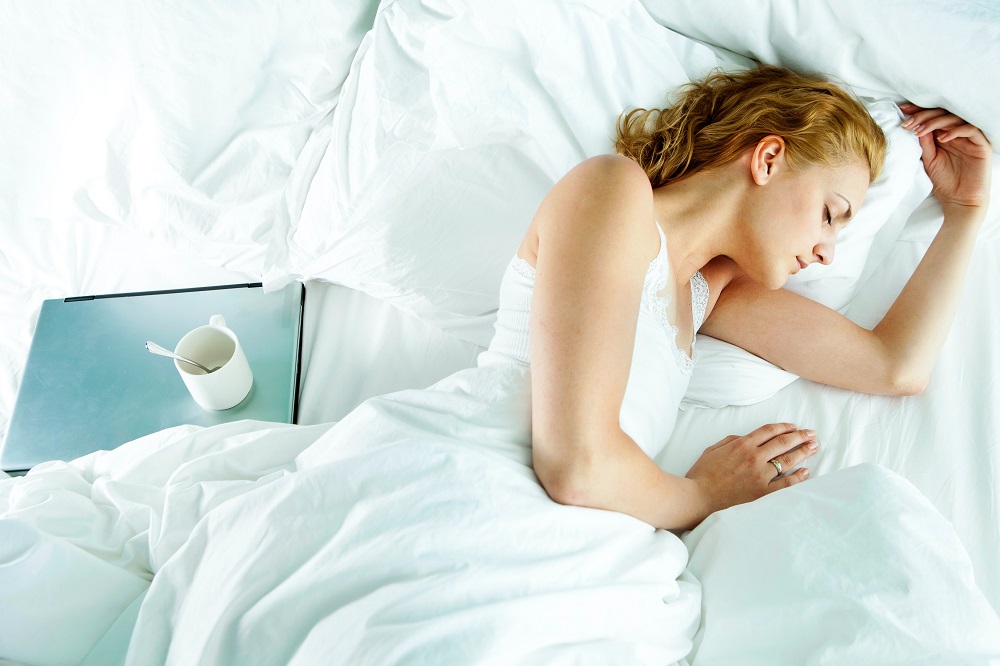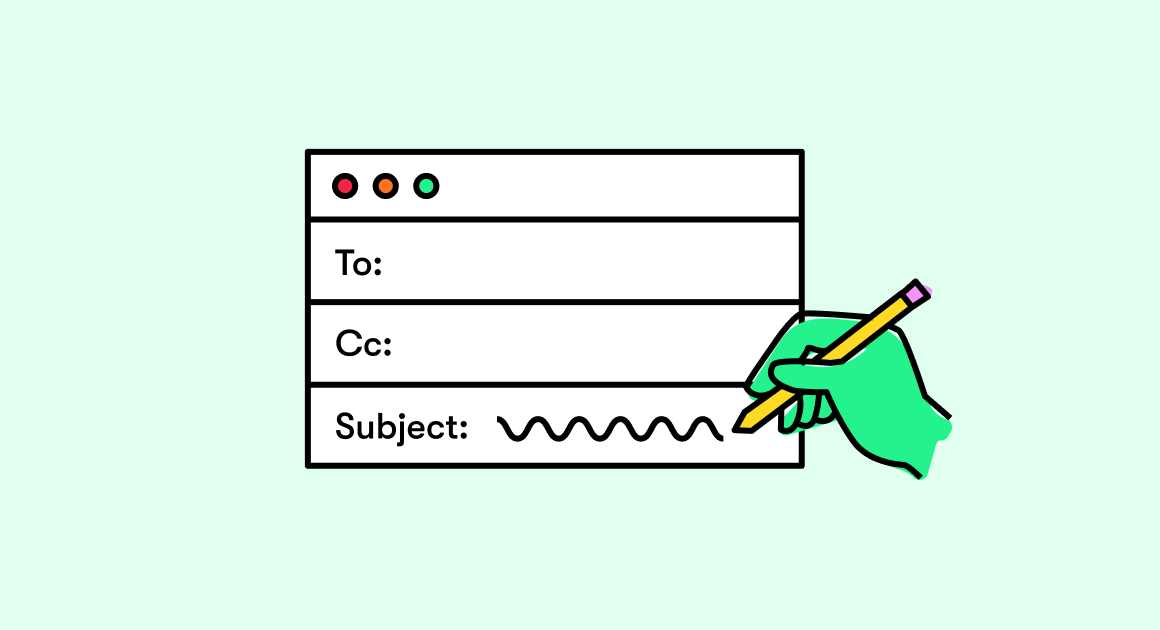The duration of sleep in each person is genetically inherent. And if you need 8 hours to restore the body’s resources, then you will not meet the 4th. It’s like wearing a size 36 shoe with a real 45 foot size. If time is sorely lacking, then you can limit the duration of sleep (but I do not recommend it) for several days. However, you need to be prepared for a decrease in productivity, concentration, etc. – all symptoms of lack of sleep.
How to get enough sleep in 4-5 hours
According to the testimony of scientists, it is enough for the body of an ordinary person to sleep five hours a day in order to get a full sleep, which will invigorate, refresh, and give new strength. But, in order to get enough sleep in 4-5 hours, you must follow a number of principles and rules of sleep.
REM sleep technique.
In our hectic age of high speeds and an accelerated rhythm of life, specialists have developed a special technique so that a person can get enough sleep in 4-5 hours without any problems and feel a surge of strength and vigor all day. To do this, you need to adhere to the following REM sleep technique:
- Relax before falling asleep (you do not need to go to sleep with all your worries and problems – for this, set aside 10-15 minutes for thinking about something beautiful or listening to soothing music).
- Do not load the stomach before going to bed and do not overeat at night (otherwise the body will spend all its energy not on its own recovery, but on the digestion of food).
- Use special accessories for sleeping – a relaxing pillow with aromatic herbs (hop cones are especially suitable for this), blindfolds and earplugs, if necessary.
- Take a warm shower before bedtime (this is not only a means of hygiene, but also an excellent “flushing” of the information, impressions and emotions accumulated during the day – the water best of all “takes them away”, relaxing the body).
- Sleep under a warm blanket (in the cold a person gets enough sleep much worse than in the warmth).
- Develop a persistent habituation of the body to a 5-hour sleep (usually adaptation to such a rhythm occurs on average in 1 month).
- Allocate for yourself one day a week (preferably not a weekday), when you can sleep peacefully “for the future”, that is, a little longer than usual (hours eight).
- Go to bed before 24:00 – during this period, the human body gets enough sleep (two hours of sleep after midnight are equal to one until midnight – this was emphasized by Paul Bragg.)
All these rules take into account, first of all, three basic components of high-quality and healthy sleep: the organization of a sleeping place, sleep conditions and attitude to it .
Read more: How to wake someone up?
Scientists confirm: lack of sleep leads to poor study
The main enemies of adolescent sleep, doctors called computers and cell phones
A study of student performance, conducted in 50 countries with the involvement of 900 thousand students, has proven a direct relationship between sufficient sleep and learning success, reports the BBC.
Scientists compared the performance of students in subjects such as mathematics, literature, and a number of other disciplines. The researchers also analyzed the causes and factors that deprive teens of sleep.
In their opinion, the most noticeable negative role in this regard is played by mobile phones and computers. After working with them, schoolchildren cannot fall asleep for a long time. (with)
Poor sleep exacerbates chronic diseases
Scientists at the University of California at San Francisco, after observing 700 US residents over several years, found that poor sleep causes inflammation in women with coronary heart disease. Poor sleep worsens the course of cardiovascular disease.
According to scientists, such disastrous results apply only to women. No such dependence was found in men.
Short sleep (less than six hours of sleep) leads to increased levels of markers of inflammation. This indicator is 2.5 times higher for women than for men.
Scientists believe that in women during menopause, the level of estrogen is reduced. Men are more protected from inflammation because testosterone levels are high.
Doctors also believe that poor sleep exacerbates chronic diseases. The risk group includes people suffering from asthma, high blood pressure, etc.
Long weekend sleep is good for your health
Previously, scientists were of the opinion that a weekend spent on the couch could harm a person by disrupting his daily rhythms. Experts recommended adhering to the usual rhythm on weekends: arrange the rise as usual on weekdays and go to bed on time. But now, doctors have found that getting enough sleep on the weekends can reduce the risk of type 2 diabetes .
Scientists have been monitoring 19 healthy men at the age of 29 for 5 years. Their nighttime sleep during the week averaged 6 hours. On weekends, they slept a couple of hours more . The participants in the experiment were constantly monitored for insulin levels in their bodies.
As the test results showed, the level of this hormone fluctuate much less in the first half of the week.
The researchers are confident that their experiment was able to show that increasing the duration of sleep can reduce the risk of developing type 2 diabetes, due to the fact that the body begins to produce better insulin .
Scientists from Australia claim their research will help improve health for those people who do not get enough sleep during the work week, according to Men’s life. (with)
Late sleep in children impairs memory and thinking
British scientists from the University of London argue that if children go to bed at a later time, their memory and thinking deteriorate significantly.
Scientists conducted a study among children of three years of age, as a result of which it turned out that they have problems with reading and arithmetic .
According to experts, a lack of sleep disrupts the body’s natural rhythms and strikes a blow to the flexibility of a child’s brain, which is usually fully open to new information.
In addition, children with irregular sleep patterns are less likely to read bedtime stories , even though they watch more television programs than their peers who fall asleep early.
Why is it good to sleep in the middle of the day?
Currently, physiologists believe that a person should sleep a day, not once, but at least twice. They have shown that a short nap in the middle of the day improves concentration and productivity. For example, the speed of visual reaction (the time it takes for a person to understand what is written on the computer screen) is 10 milliseconds in the morning and 40 milliseconds in the evening.
The expediency of daytime sleep is also evidenced by the fact that a person’s temperature is not constant during the day, and has two minima – in the intervals of 3-5 and 13-15 hours. It is at this time that most people have their strongest desire to sleep. This pattern is explained by the fact that our ancestors’ primates – inhabitants of hot tropical countries, mainly crepuscular animals – are especially active at dusk, in the evening and early in the morning. And in the middle of the day, in the hottest time, they sleep under the canopy of dense crowns.
Sleep detoxifies the brain
During sleep, in the human brain, the mechanisms of “getting rid” of waste products, which are the waste products of the body cells, are activated, which, possibly, is the main function of sleep. The new information will allow scientists to develop new treatments for diseases of the “polluted brain”, including Alzheimer’s disease. This was reported by researchers from the University of Rochester (USA) in an article that was published in the journal Science.
The question of why all animals, at the risk of falling into the clutches of predators, fall asleep, has long been of interest to biologists.
Sleep, as you know, plays a key role in the formation of memories and memorization of assimilated information, now scientists from the Medical Center at the University of Rochester have found that one of the most important functions of sleep, perhaps
As the results of the study showed, the network of tubules located in the brain – the lymphatic system – works 10 times more intensively during sleep.
In addition, brain cells shrink by about 60% during sleep, which also makes it much easier to “cleanse” the entire brain.



